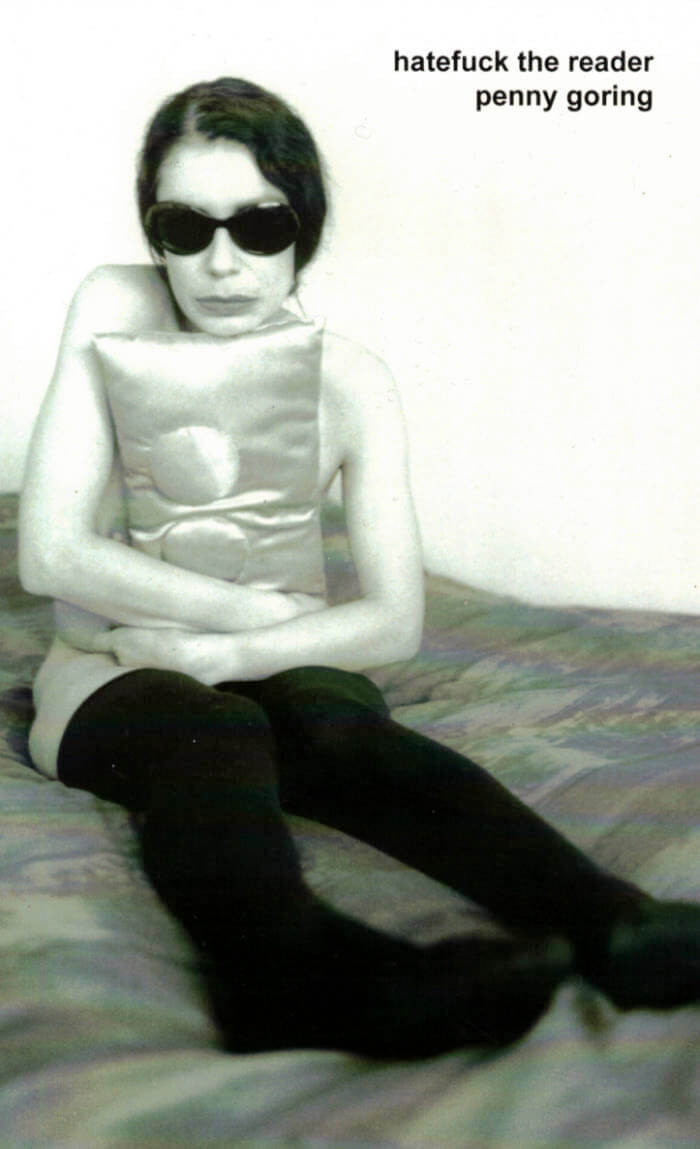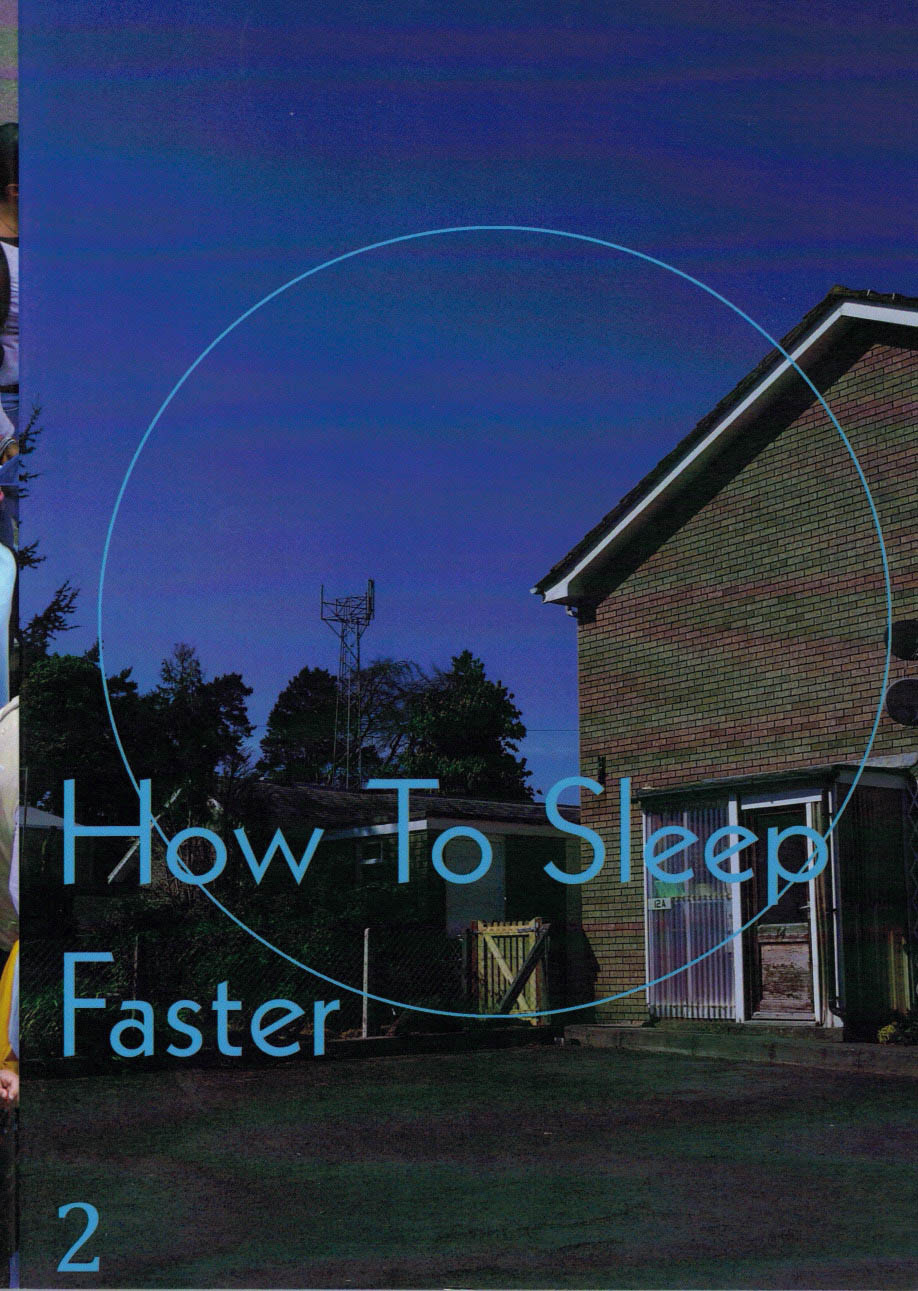
All Us Girls Have Been Dead for So Long
Kathy Acker’s final published text, Eurydice in the Underworld, harnesses the Greek mythology of the heroic trip to hell; refocusing the story’s centre away from the male hero and onto the dead girl, who has been murdered by a snake.
Katabasis refers both to a journey into the underworld, and a trip to the coast. In times of climate crisis, hell – the realm of the dead, the scorching, the boiling, the rotting – is also situated at the sea, as waters heat, melt and rise.
First performed in 2019 at the ICA, London, All Us Girls Have Been Dead for So Long was a low-fi musical extravaganza flowing between beach and underworld, animating the animal, alien, and abject actors in our current climate apocalypse – most notably Ecco the Dolphin, who has lost their pod and must (like Eurydice, Orpheus and so on) travel deep beneath both time and space to rescue their missing and possibly dead kin.
Only a fool will now attempt to stop us girls. To halt our ecstatic singing.
A play in three acts by Linda Stupart and Carl Gent with a foreword by Isabel Waidner.
Language: English







